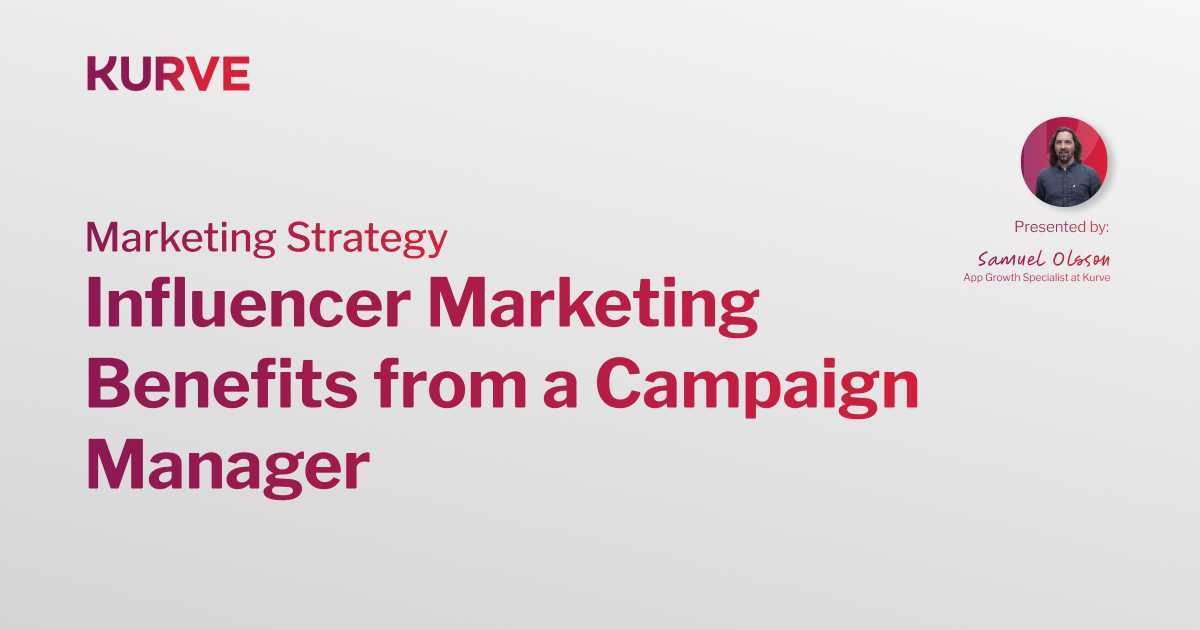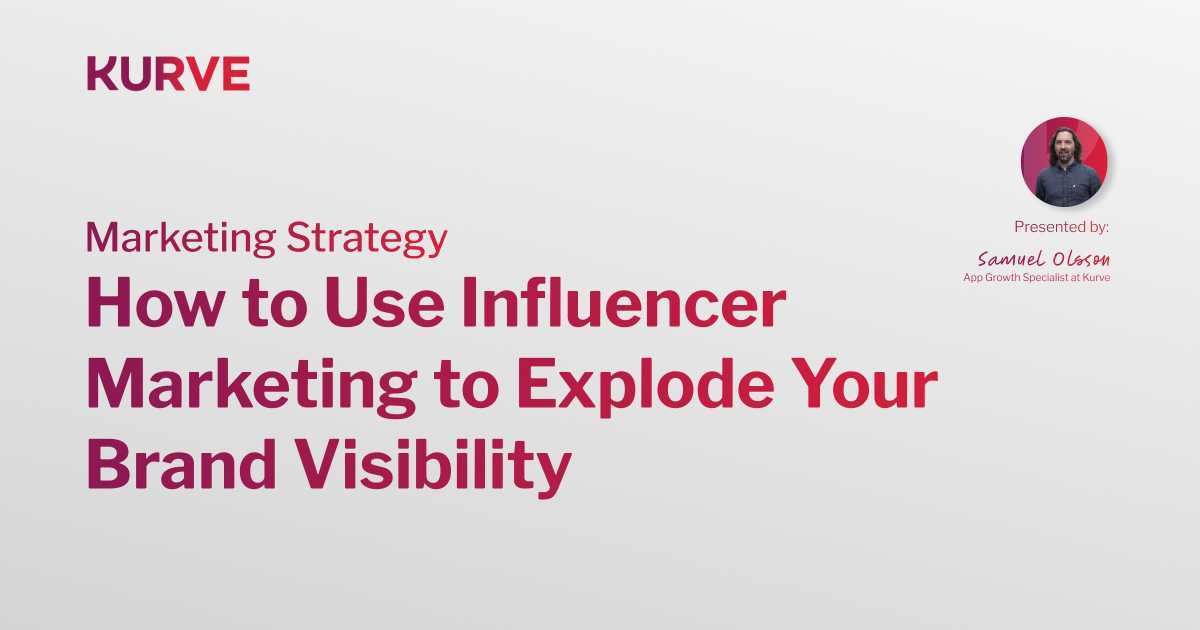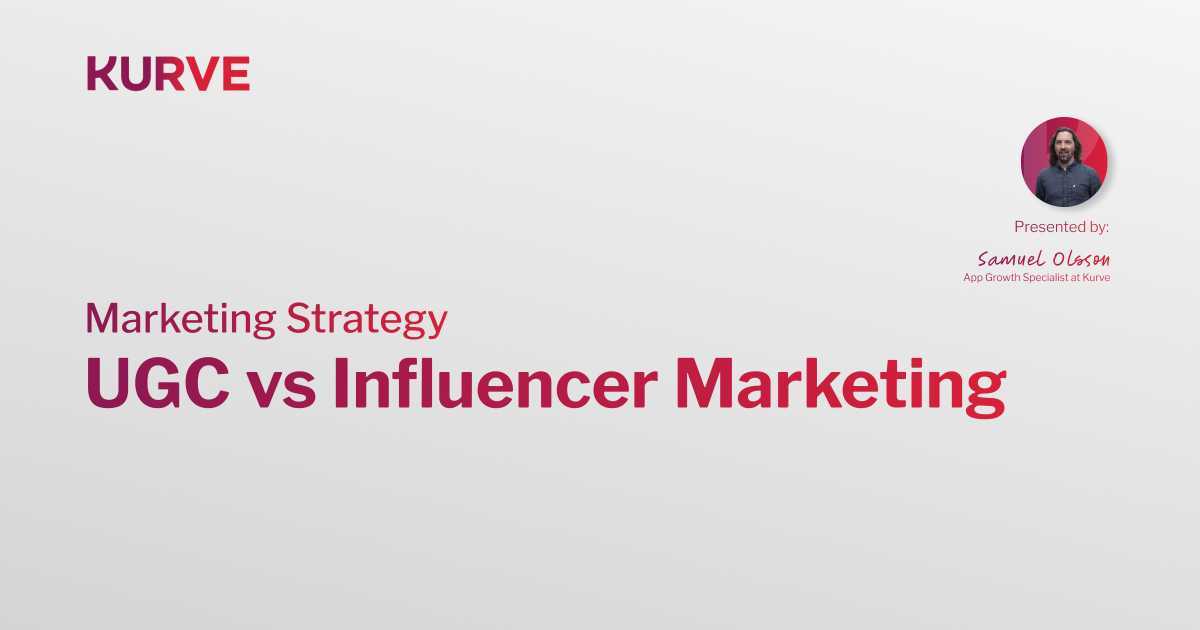Ultimate Guide: Link-Building Tactics For Startup Growth
This article will explore how mobile app developers can benefit from building backlinks for App Store Optimization (ASO) and future-proofing their visibility for AI search. I’ll briefly explore the place of backlinks within the wider app marketing landscape and then provide actionable advice for building high-quality links that drive installs. This is a long-term strategy. Link-building should not be a priority during the initial product-market fit phase, where paid user acquisition offers a more immediate route to market. Instead, building backlinks is a method to establish your app's authority and create a sustainable engine for organic installs.
Are Backlinks Important for App Store Rankings?
The role of backlinks in ASO is a frequent topic of debate. While they are a cornerstone of traditional web SEO, their impact on ranking within the Apple App Store and Google Play Store is more nuanced. However, with the rise of AI search engines like ChatGPT and Perplexity, the authority that backlinks provide is more critical than ever.
As we explored in our guide on backlinks for ASO, they play a crucial, if different, role for each store:
- For iOS (Apple App Store), the benefits are indirect. Backlinks don't directly influence your app's rank within the store. However, they drive high-quality referral traffic, boost your App Store page's visibility in web search (like Google), and signal to Apple that your app is gaining traction from external sources.
- For Android (Google Play Store), the benefits are more direct. The Play Store is deeply integrated with Google's main search index. Google treats your app's listing like a webpage, meaning high-quality backlinks directly boost its authority, credibility, and search ranking.
The Impact of AI on App Discoverability
Beyond the app stores, a new frontier for discoverability has emerged: AI-powered search. As detailed in our Generative Engine Optimization (GEO) guide, AI models like ChatGPT, Claude, and Gemini rely on signals of authority and trust to generate answers. When a user asks, "what is the best app for tracking my fitness?" or "recommend a good app for learning Spanish," the AI will cite sources that are widely trusted across the web.
High-quality backlinks from authoritative sites (tech blogs, news outlets, industry experts) are one of the strongest signals of that trust. Without them, your app risks being invisible in the next generation of search.
Factors for Ranking Success
A 2016 study by Ahrefs highlighted a strong correlation between the number of referring domains (websites linking to a page) and its Google ranking. While ASO has many on-metadata factors (app name, subtitle, keywords, etc.), this principle remains vital for your app's web presence and its Google Play listing.
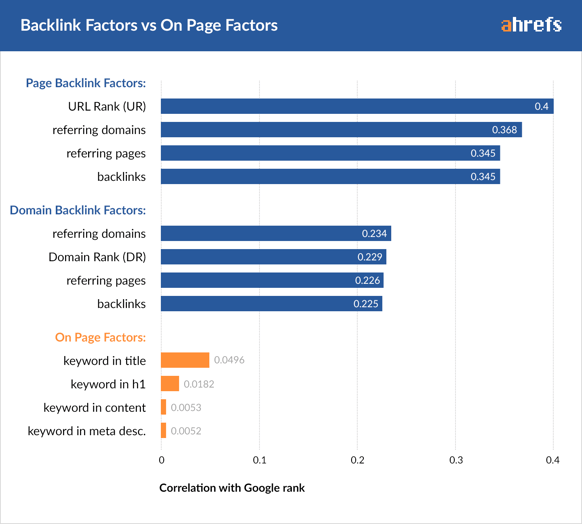
However, there's a virtuous cycle at play: to attract high-quality links, you need to create high-quality, link-worthy assets. For an app, this isn't just a blog post; it could be a compelling landing page, a data-driven report on your industry, a free tool, or an insightful case study.
Content and Backlinks
It seems obvious, but without compelling content or a noteworthy app, it’s harder to build backlinks. Studies have consistently shown that longer, more in-depth content tends to generate more links and rank higher. For an app developer, this means creating valuable resources on your website that journalists, bloggers, and other experts will want to reference.
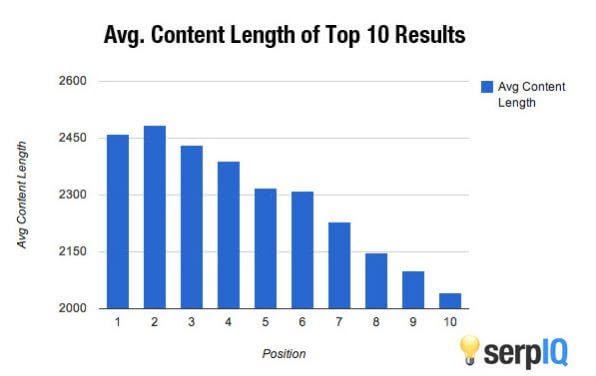
Backlinks improve your app's visibility, which in turn leads to more people discovering it. As more people reference your app or its website, its authority grows, further strengthening its position. It’s a powerful growth loop.
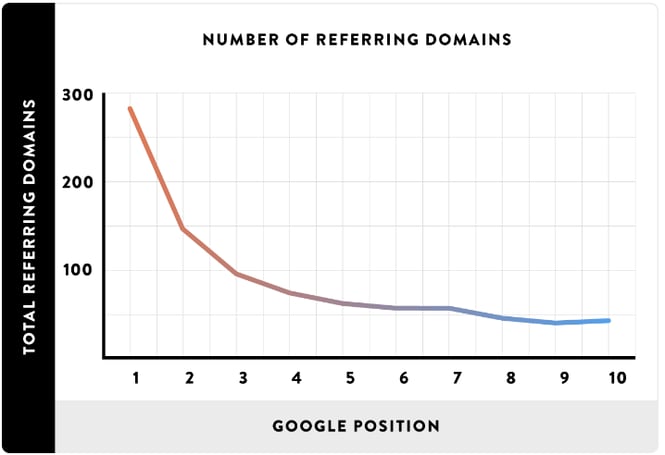
But what does all this mean for mobile apps?
In a nutshell, the evidence shows that a strong backlink profile will improve your app’s visibility, both inside and outside the app stores.
Why is this important?
Because better visibility for relevant keywords equals more targeted traffic to your app store page. This results in more organic installs, higher user engagement, and a more sustainable growth model that doesn't rely solely on paid advertising.
A Caveat to Link-Building for App Growth
As we’ve seen, great backlinks correlate strongly with higher visibility. However, it's easy to forget that a high ranking is not the end goal. You’re in this to increase high-quality installs from users who will love and engage with your app. This requires a holistic approach where link-building supports a well-optimised app store presence, intelligent keyword targeting, and a deep understanding of your audience.
If your primary objective is immediate, rapid growth, neither ASO nor link-building should be your top priority. These channels are designed for the long term. If you’ve already found traction and are generating installs through paid channels, building your organic presence is the logical next step to achieving long-term sustainability.
Actionable Backlink Strategies for Mobile Apps
Link-building for apps can be split into two areas. First, the foundational (bread and butter) backlinks that every app should have. Second, the high-impact backlinks that require strategic outreach and content creation.
Bread and Butter Backlinks
Every great app needs a solid foundation. These are easily achievable backlinks that help establish your app's initial web presence.
1 - App & Tech Directories
Submitting your app to relevant directories is a foundational step. While old-school, spammy directories should be avoided, high-quality, curated platforms are incredibly valuable. Focus on sites like Product Hunt, BetaList, AlternativeTo, and other niche directories relevant to your app's category (e.g., Capterra for business apps, a health-tech directory for a medical app).
2 - Social Profiles
Even though most social media links are "no-follow," they are essential. You want to dominate the search results for your own brand name. Securing profiles on Twitter/X, Facebook, LinkedIn, YouTube, and even Pinterest helps build a strong, authoritative brand presence online.
3 - Testimonials & Partnerships
Think about the tools and services your business uses. Do you use a specific analytics SDK, a customer support platform, or a design agency? Offer to provide them with a testimonial or case study. They are often happy to feature their customers and will link back to your app's website in the process. This is an easy win-win.
High-Impact Link-Building Tactics for Apps
These are the innovative tactics that will set your app apart and build serious authority.
Guest Articles & Digital PR
Guest writing remains a cornerstone of effective link-building. Your app's story and your team's expertise are newsworthy. How can you leverage this?
Setting the scene - Mobile App #1
You’re a startup that has launched an innovative fintech app for Gen Z investors in the UK. You’ve gained some initial traction through paid social on TikTok and Instagram. Now it's time to build organic authority.
Your Opportunities:
- Tech Blogs: Your app has unique features and a slick UI. Pitch stories to tech publications like TechCrunch, Wired, or The Next Web about how you're disrupting the finance industry for a new generation.
- Finance Blogs: You have a unique perspective on Gen Z's financial habits. Write guest posts for established finance blogs about these trends, citing your app's anonymous data if possible.
- Student & University Blogs: Create helpful content about budgeting, saving, and investing for students. Pitch these guides to university news sites or student-focused publications.
Setting the scene - Mobile App #2
You’ve created a niche health app that provides guided meditations specifically for people with anxiety. Your audience is highly targeted, and trust is essential.
Your Opportunities:
- Wellness & Mental Health Blogs: Your expertise is highly valuable. Pitch articles to major wellness publications like Well+Good, MindBodyGreen, or Psychology Today about anxiety management techniques, referencing your app as a tool.
- Expert Collaborations: Partner with licensed therapists or psychologists. Have them review your app or co-author a blog post. A link from a respected professional's website is an incredibly powerful signal of trust.
- Corporate Wellness Publications: Many companies are investing in employee mental health. Pitch articles to HR and corporate wellness blogs about how apps like yours can reduce workplace stress.
Pitching Guest Articles
Pitching is hard work, but a thoughtful approach pays off. Remember to:
- Pick the right websites: Target sites with high authority (use tools like Moz or Ahrefs to check Domain Authority) and a relevant audience.
- Pick the right topic: Don't pitch a generic article. Find a unique angle that provides genuine value to *their* readers.
- Pitch the right way: Personalise every email. Show that you've read their content and explain why your contribution would be a great fit.
Additional Innovative Tactics
- HARO (Help A Reporter Out): Platforms like HARO and Qwoted connect you with journalists looking for expert sources. By responding to relevant queries, you can earn features and high-authority backlinks from major news outlets. This is one of the most effective digital PR tactics.
- Link Reclamation: Use tools like Ahrefs or Semrush to find unlinked mentions of your app's name online. Reach out and politely ask the author to add a link to your app store page or website.
- Broken Link Building: Find relevant articles (e.g., a "best of" list in your niche) with broken links to other apps. Contact the site owner, let them know about the broken link, and suggest your app as a suitable replacement.
Analysing Successful App Backlink Profiles
Let's look at how top apps might have built their authoritative backlink profiles.
1 - Strava (Fitness App)
A powerhouse like Strava likely has a diverse backlink profile built over years. Imagine backlinks from:
- Major running and cycling magazines (e.g., Runner's World, Bicycling).
- Websites for major marathon and race events.
- Tech review sites like The Verge and CNET covering their latest features.
- Countless personal blogs from athletes sharing their stats and routes.
2 - Headspace (Meditation App)
Trust is key for Headspace. Their backlink profile is likely built on:
- Features in top-tier wellness and health publications (e.g., Goop, Healthline, Women's Health).
- Partnership pages on corporate client websites (e.g., "Our Employee Wellness Benefits powered by Headspace").
- Resource pages from universities and mental health professionals who recommend the app to students and patients.
A Note on Anchor Text
Anchor text is the clickable text in a hyperlink. In the past, optimising this with exact match keywords was a common SEO tactic. Today, it's a red flag if overdone. A natural backlink profile has a diverse mix of anchor text types:
- Branded: "Headspace"
- Naked URL: "www.headspace.com"
- Generic: "click here" or "this app"
- Partial-match/Descriptive: "a great meditation app"
The bottom line is: don't obsess over anchor text. If you're earning links naturally from high-quality sources, your anchor text profile will look natural too.
Final Takeaways
Link-building for mobile apps is a long-term investment in authority and trust. It is not a quick fix for overnight growth.
- For apps seeking immediate installs, paid user acquisition is a more relevant channel.
- However, high-quality backlinks have a powerful, cumulative impact. For iOS, they drive discovery and high-quality installs. For Android, they directly influence your Google Play ranking.
- Looking ahead, a strong backlink profile is essential for being cited and recommended by AI search engines, securing your app's future visibility.
- Focus on earning links through digital PR, creating valuable content, and building genuine relationships. Surrendering to low-quality, mass link-buying will only lead to penalties that undo any momentum.
Keep at it, utilise multiple approaches, and maintain integrity. Over time, your app will build a backlink profile that leaves competitors in its wake.
